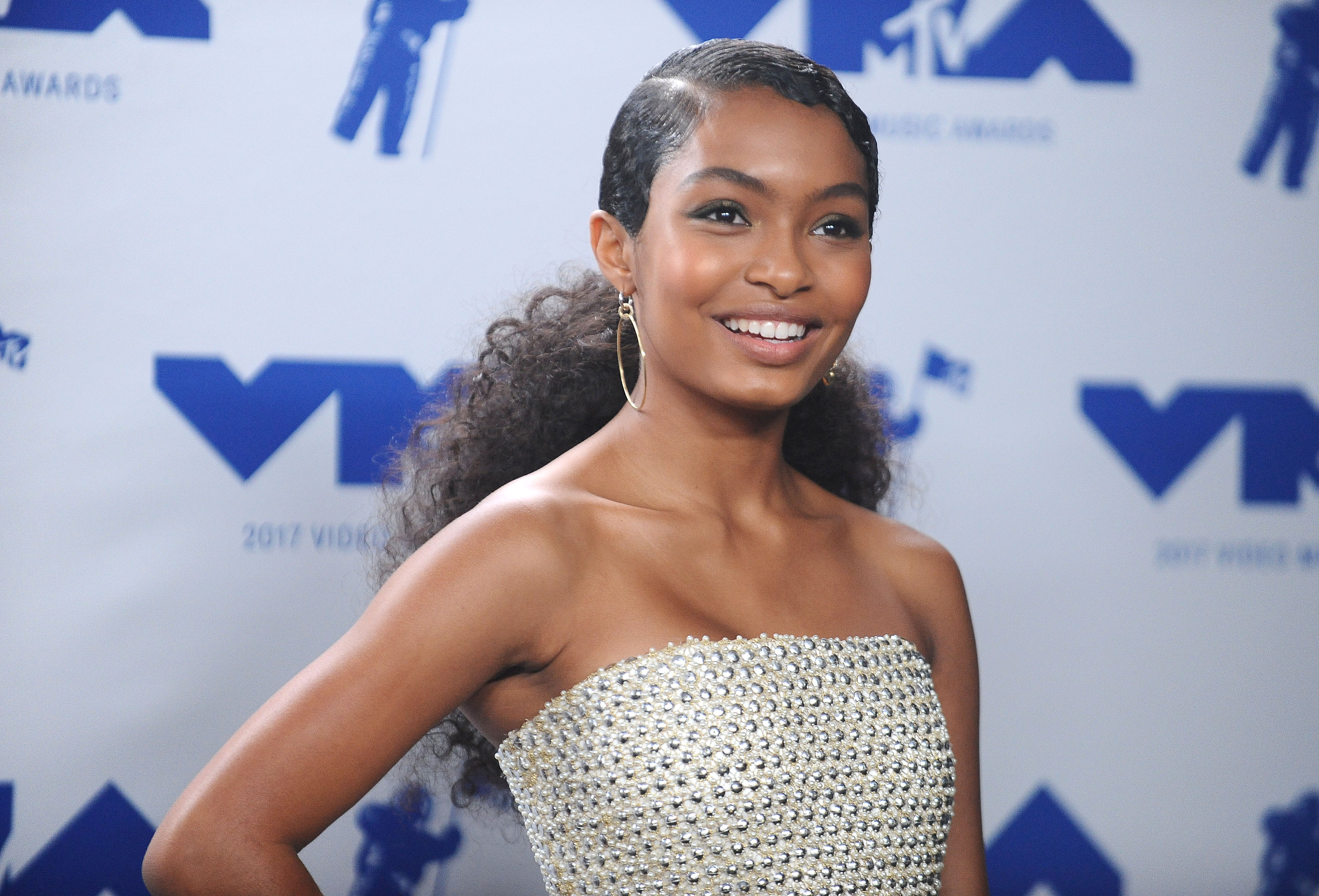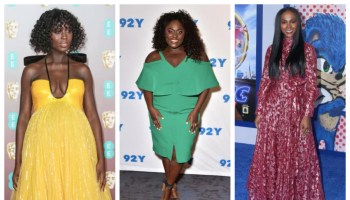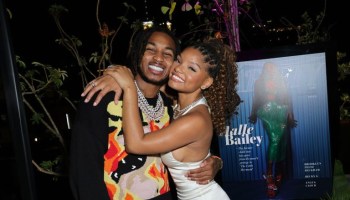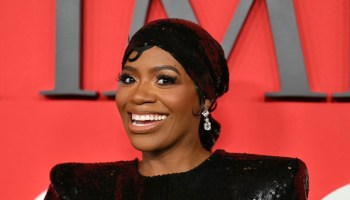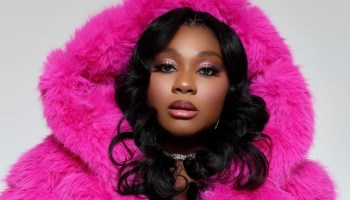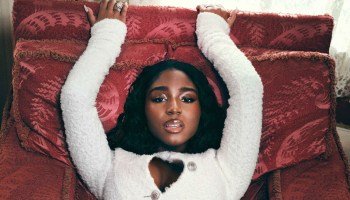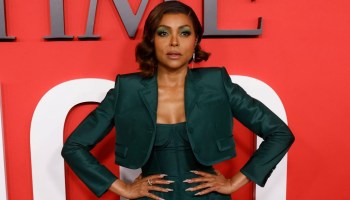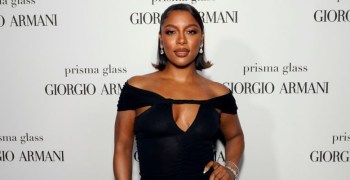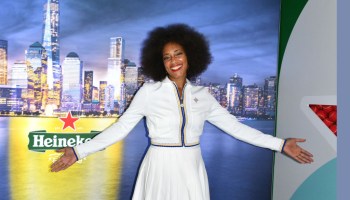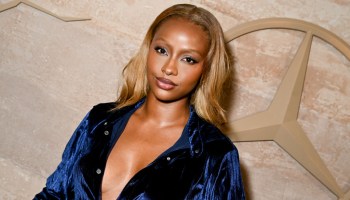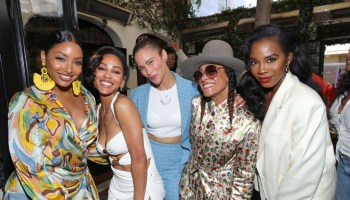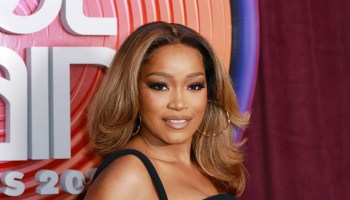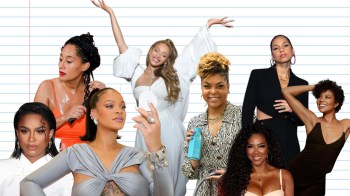Yara Shahidi stole the heart of Black America when she first appeared on the hit ABC comedy “Black-ish” all curly fro’d and starry-eyed as the eldest daughter of Bow and Dre at the tender age of 14. In just a few years, the ingenue has blossomed as a poet, activist and scholar right before our eyes—most recently earning the ultimate nod from media mother Oprah herself.
“Your future’s so bright it burns my eyes!” Mama O proclaimed in front of an excited Apollo theater crowd. If entertainment was converted into the queen’s court, the 18-year-old was undoubtedly crowned princess in that moment. And we all excitedly looked on at the glow surrounding this young Black girl’s undeniable future, feeling a part of it because, well, Black girl magic.
But when I saw Yara’s recent response to color casting bias criticism on her spin-off show “Grown-ish,” I had to fight my disappointment. I kept telling myself to chill, she’s 18, she’s growing. But after tussling with my expectations on a young adult and my hesitation to even criticize a rising Black star, I finally decided to say something.
A couple of weeks ago, I happened to stumble upon the “It’s Hard Out Here For A Pimp” episode of ‘Grown-ish’ which focused on colorism. And damn did it hurt me. Yes, at damn near 30 I didn’t think I would be effected by a teeny bop drama show, but it drummed up memories of my own invisibility as a dark-skinned girl in SoCal during my college years.
For those who haven’t seen the episode, the plot is centered around the characters of Jazz and Sky (Chloe X Halle) basically outing one of their guy friends for his light skin and loose curled haired obsession. While the script was actually true to my own experiences, the writing went sour when the male character ultimately weaponized a dark skin woman to prove he was “down.”
In addition, the message of light skin/3c bias in our communities was delivered by two women who, even in their brown hue, still don’t represent the deep dark-skinned woman who this color discrimination is often centered around. The dark-skinned woman in this show was a prop. Not a voice.
That was the first and last episode of ‘Grown-ish’ I ever watched.
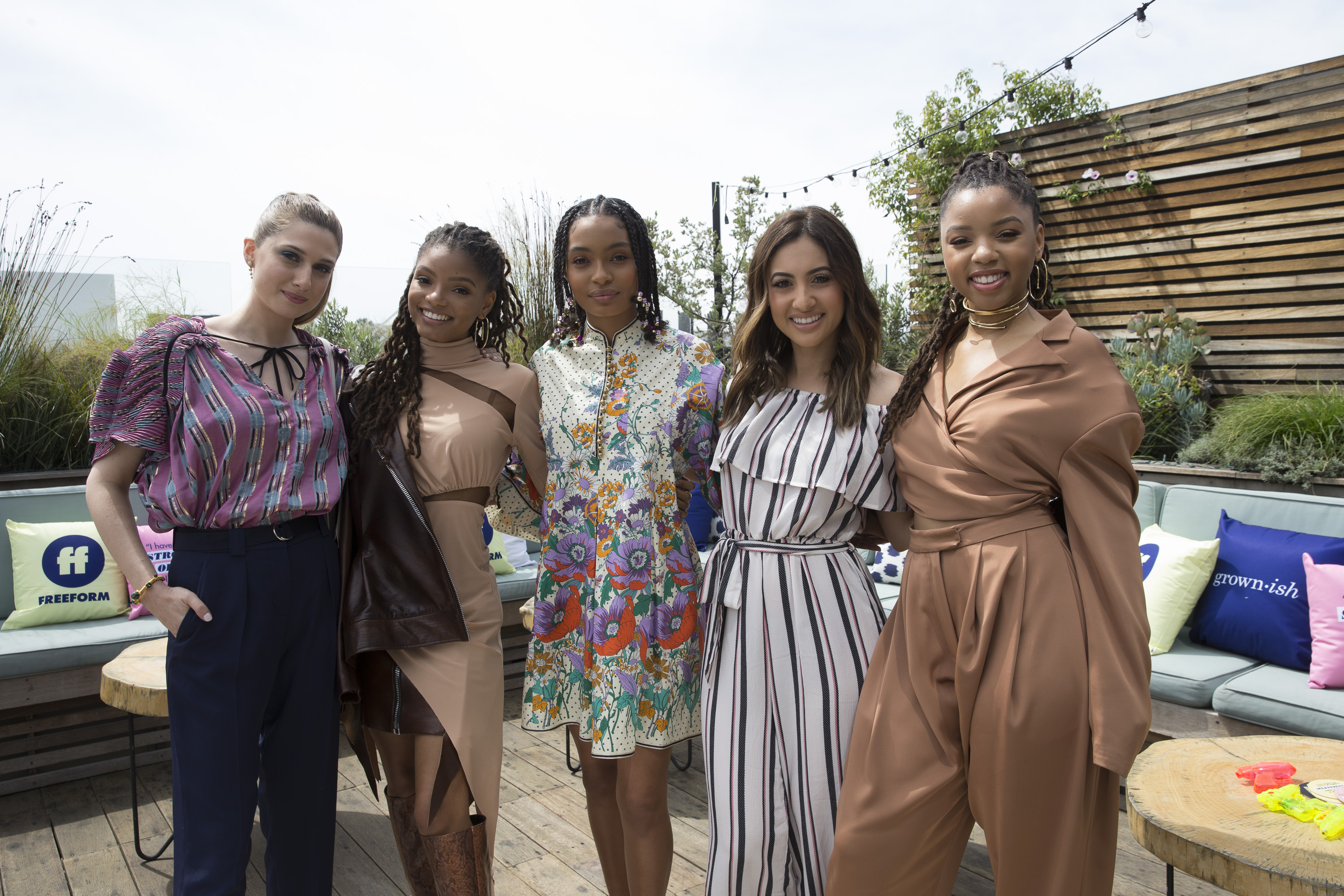
Source: Paul Hebert / Getty
When I saw that Yara finally addressed the colorism criticism of the show with Essence, I was actually excited. I was hoping she would say something that showed awareness and ultimately change for future actors. Unfortunately, Yara understandably stumbled with her privilege in response.
“I get that within the Black community there are a couple of us who are chosen, not by any fault of our own, to represent [everyone],” she said. “But I’ve been the same character for five years…I am not out here in a ton of movies and a ton of TV shows.”
The “but” in her statement is where the whole defense goes wrong. The thing is, for people not operating with color privilege, we don’t want to hear “yes this is a problem BUT I’ve played the same character for five years.” Yara’s roles may be limited, but there are some dark-skinned women who couldn’t even get in the casting room. I understand the defensiveness that may come with trying to prove your blackness and prove your own struggle, but Yara inserting her lack of role diversity throughout her career in a conversation about darker toned people not even getting callbacks undermines the issue.
Let’s revise this: “The issue is there are a couple of us who are chosen, not by any fault of our own to represent [everyone].” Full stop. No need to qualify how your privilege is actually not as privilege-y as we think. Just state the issue. Hear the pain. When speaking to less privileged individuals about their burdens, it’s better to just pause before inserting a “me too.”
Continuing, Yara added “I’m brown-skinned. I personally don’t view myself as light-skinned.”
I also found a problem with her using the discussion to emphasize her own brown skin. I understand the nuances that come with being lighter-skinned and mixed race in America and constantly having to prove your belonging, but again, this wasn’t a moment to defensively focus on her Blackness. The truth of the matter is that in Hollywood there is still a preference for the visibly “acceptable” Black girl. Yara believing she is “brown” instead of “light skin,” is a moot point when her physical qualities still fit into the Hollywood’s Black prototype. We all know the Violas, Issas and Lupitas are few and far between when it comes to darker skinned actresses snagging lead roles (hell Issa had to CREATE the show she wanted to be in.) And I think it’s okay to ask people in positions of power to open up opportunity for the spectrum of blackness if they have the power to do so.
I acknowledge that advantage doesn’t take away from Yara’s talent, work ethic, brilliance and importance. In fact, acknowledging privilege 1) validates the feelings, sentiments and emotions of those less privileged than her and 2) in “calling a thing a thing” she can then leverage her privilege to help the disadvantaged.
That’s all I wanted to hear: acknowledgment and thoughts towards dismantling and rectifying the issue.
Zendaya recently took the stage at Beauty Con in NYC where she addressed the issue head on. “I am Hollywood’s acceptable version of a Black girl and that has to change. We’re vastly too beautiful and too interesting for me to be the only representation of that,” the actress told the audience.
Fortunately for Yara, her career is burgeoning, she is just beginning, and her approach to privilege and tough conversations around Hollywood will expand as she grows. I’m still rooting for you girl, even if I think you were wrong on this one.
RELATED LINKS
Clap For ‘Em: ‘Grown-ish’ Gets Renewed for Season 2
We Are Loving Black-ish Star Marsai Martin’s Red Carpet Glow Up
Marie Claire Names Issa Rae And Yara Shahidi Two Of Their New ‘Fresh Faces’

